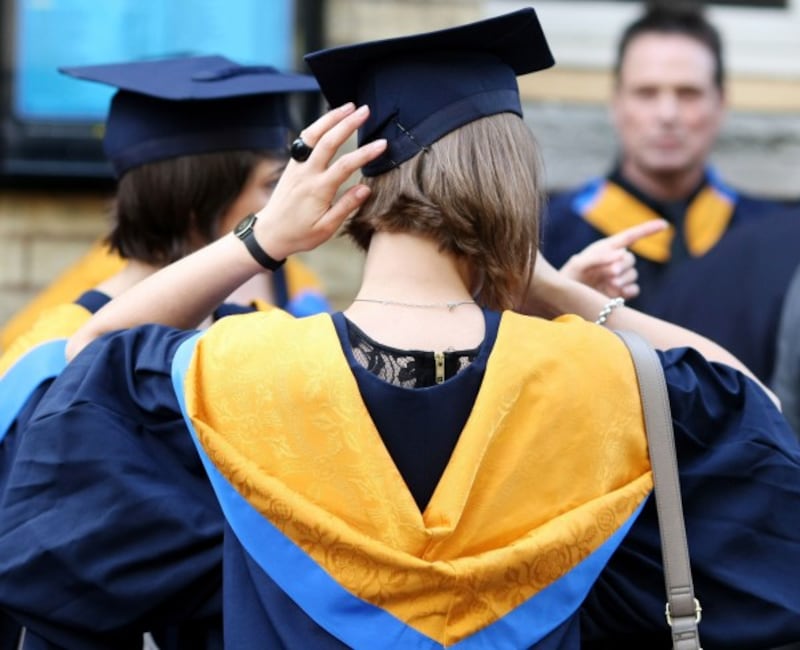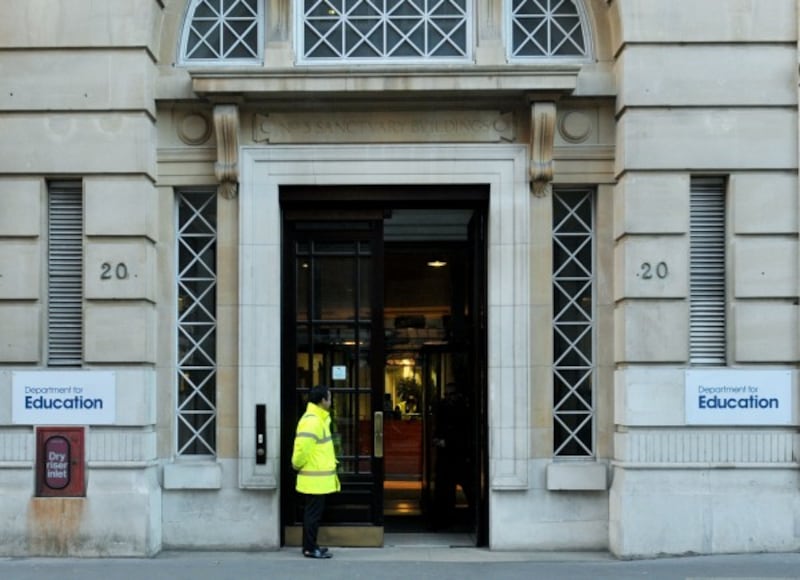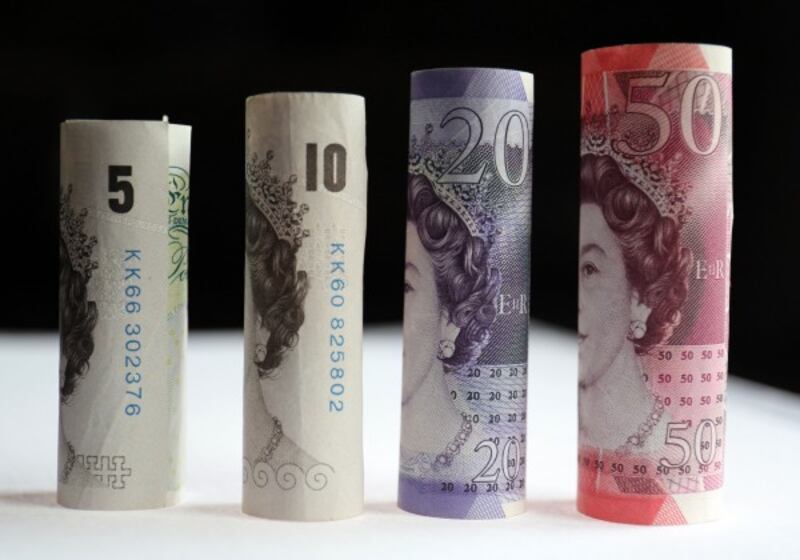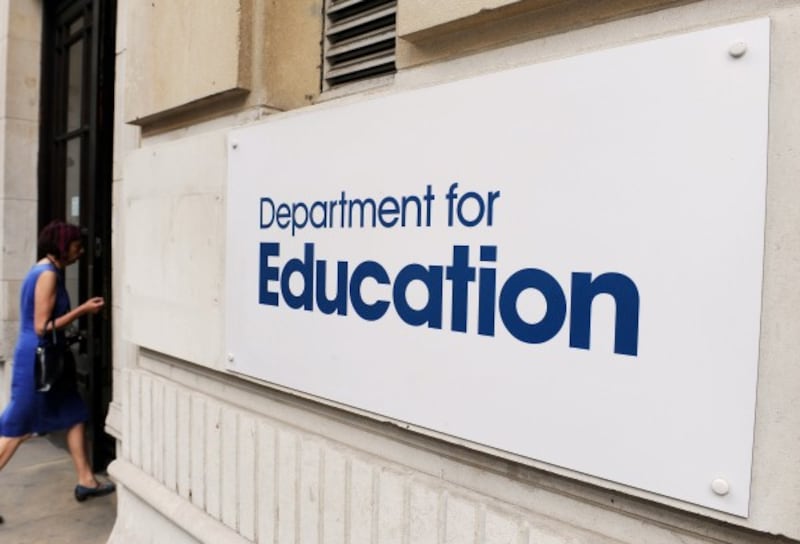The maximum interest rate on student loans is set to rise if you’re a current student or have recently graduated.
Here’s everything you should know – and how it could affect you.
What exactly is happening?

From the new academic year, a maximum of 6.1% in interest will be added to the amount to be repaid to cover tuition and living costs. This means millions of university students and graduates face being burdened by further debt.
Last year, the maximum paid back in interest was 4.6% of that owed. So the hike in interest is a jump of around a third on last year.
What difference will it actually make to people?

Well, the Department for Education has said interest rate rises will not bump up the monthly bill. Instead, it will take students longer to fully repay their debt.
Want to talk figures? If you’re a student still at university or a graduate now earning £41,000 or more, interest on top of your loan is set at the RPI plus 3%, while those earning £21,000 or less add 1.6%.
Martin Lane, managing editor of money.co.uk, said: “Students are paying a big price for the jump in inflation after Brexit. These hikes will see interest rates rise by up to a third – which seems really unfair as other types of loans are benefiting from record low interest rates.
“These new rates make it even less likely students will pay off their loans before it gets wiped after 30 years. The amount of money owed after the new course fees were brought in is already incredibly daunting without this added extra.
“For graduates trying to get on the housing ladder or save for their future, this increase casts a shadow over their long-term finances – who wants to be paying for university into their 50s? Something really needs to be done about this.”
Why is it happening now?

Rates on loans taken out in England and Wales since 2012 are calculated using the retail prices index (RPI) for March.
The inflation measure, published yesterday, was 3.1%, up from 1.6% in March last year.
What it does mean is the rise will hit students at the same time as the cap on university tuition fees is lifted to £9,250 a year.
So why should we care if we’ve already graduated?
Student loan interest rate set to rise by a third after UK inflation surge. Student debt is sky high as it is…https://t.co/FFxxX6Gm7u
— Angela Rayner MP (@AngelaRayner) April 11, 2017
Students at university prior to 2012 will have the same rate of the RPI plus 1.25% – but are instead faced with having their loans sold off by the Government as it seeks to privatise its vast debt pile.Under the proposals, loans issued before 2012 will be sold – believed to be worth around £12 billion to the public purse in total. What’s Twitter got to say about it all? Many Twitter users seem pretty mad, as you may have predicted would be the case.
Post-Brexit inflation raising interest rates on student loans by 33%. Again, the young paying for something they didn't vote for.
— r (@r_uhi) April 12, 2017
My monthly student loan repayments are lower than the interest on the loan. My student loan is just going up and up.
— Jake Wright (@JakeWrightUK) April 11, 2017
So student loan interest rate is going up, so I will be paying more back? why don't you raise my pay too because cost of living is high!
— Simranjit Chana FT (@sdotchana) April 12, 2017
And it’s got a lot of people asking questions.
UK announces student loan repayment interest rate to rise by third after UK inflation surge. Will current loans, wages, and benefits rise?
— Gary Paterson (@MrGaryPaterson) April 11, 2017
So the government are increasing tuition fees and interest rates for student loans but aren't increasing the threshold for when we have(1/2)
— Sarah Constable (@srhc24) April 12, 2017
To pay it back in line with the average salary increasing? So even though we're not students now we still have to live on less money? (2/2)
— Sarah Constable (@srhc24) April 12, 2017
And what’s the Government got to say about it all?

A Department for Education spokeswoman said: “Our student funding system is sustainable and fair, with affordable loan rates based on income.
“This means no individual will see their repaymen?ts rise as a result of interest rates increasing.
“Rates are set each year in September and are not confirmed before then.”








